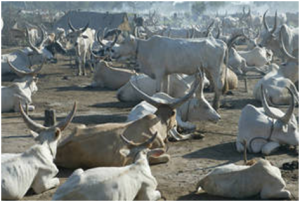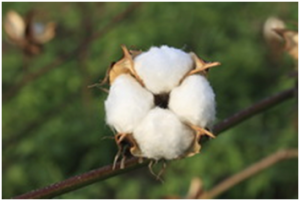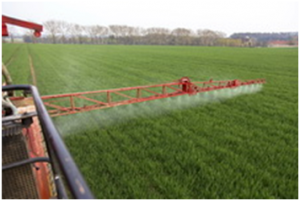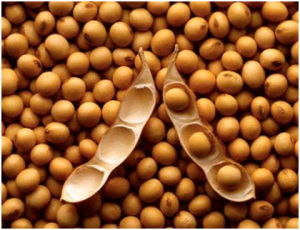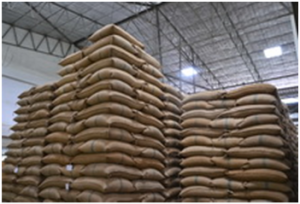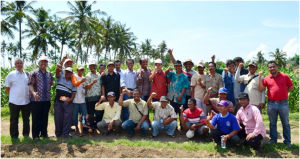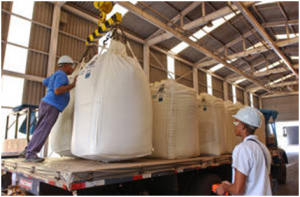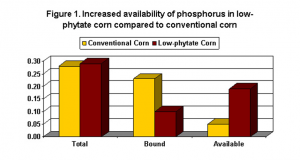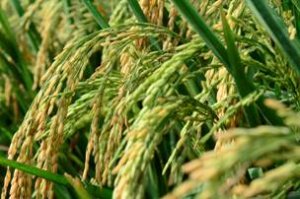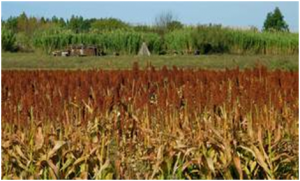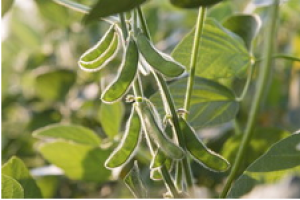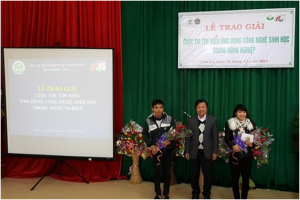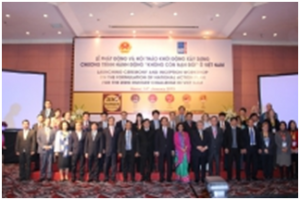|
Aquaporin Gene Increases Fruit Size and Enhances Drought Tolerance in Tomato
Thursday, 2017/12/28 | 08:07:20
|
|
Water deficit severely reduces apple growth and production and is detrimental to fruit quality and size. Thus, water-efficiency became the major target for apple breeding. Aquaporins control water transport across membranes and can regulate water flow by changing their amount and activity. The exploration of molecular mechanism of water efficiency will pave a way for breeding of drought tolerant apple trees.
Lin Wang of China Agricultural University, together with a team of researchers, focused on an apple (Malus domestica) drought inducible aquaporin gene, MdPIP1;3. The team expressed MdPIP1;3 gene in tomato. The transgenic tomatoes exhibited enhanced drought stress tolerance, indicating that water loss rate in transgenic leaves was slower than wild types.
The lengths and diameters of the transgenic tomato fruits increased faster that the wild types. Final fruit sizes and fresh weights of the transgenic tomatoes were also bigger and higher than wild types. In cell levels, fruit cell size from transgenic tomatoes was also larger.
Expressing MdPIP1;3 enhanced drought tolerance of transgenic tomatoes, partially by reducing water loss in leaves. The transgenic tomato fruits were also larger and heavier due to larger cells via more efficient water transport across membranes.
For more information on this study, read the article in BMC Plant Biology.
Figure: MdPIP1;3 expression in drought treatment and during apple fruit development. a MdPIP1;3 expression in drought treatment at different time points. The apple seedlings were subjected to drought treatment (nutrient solution containing 20% PEG) and sampled at 0, 4, 8, 12, 24 h, 3d and 5d, respectively. b MdPIP1;3 expression during apple fruit development. The apple fruits were sampled at different stages of fruit development from June 4 to October 15. Gene expression of MdPIP1;3 was detected by semi-quantitive RT-PCR and MdActin was as control. The semi-quantitive RT-PCR experiments were repeated three times |
|
|
|
[ Other News ]___________________________________________________
|


 Curently online :
Curently online :
 Total visitors :
Total visitors :
(33).png)


